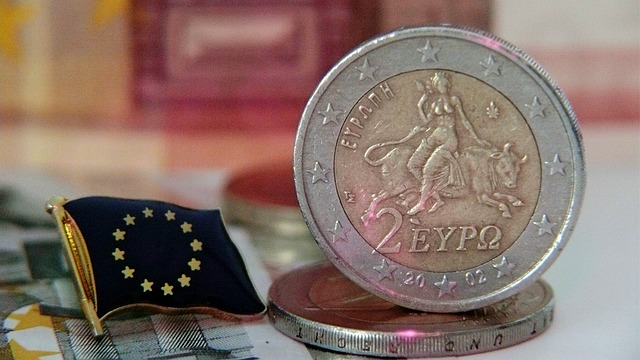Introduction
Pakistan’s Finance Minister, Muhammad Aurangzeb, announced a significant financial breakthrough for the country. Pakistan has secured a $7 billion aid package from the International Monetary Fund (IMF), which is expected to bring much-needed macroeconomic stability to the nation. This deal, still awaiting approval from the IMF’s Executive Board, promises to lay a foundation for more inclusive and resilient growth.
The IMF Aid Package
The IMF’s recent announcement provided a sigh of relief for Pakistan. The aid package comes in the form of loans and follows the government’s commitment to implementing key reforms. One major focus is on broadening the country’s tax base. Aurangzeb emphasized that the deal is crucial for achieving macroeconomic stability.
Structural Reforms for Stability
The IMF program stipulates several structural reforms aimed at ensuring self-sustainability in public finance, energy, and state-owned institutions. These reforms are necessary due to the chronic mismanagement that has plagued Pakistan’s economy. The country has faced numerous challenges, including the COVID-19 pandemic, the war in Ukraine, supply chain issues leading to inflation, and severe flooding in 2022.
Economic Challenges
Pakistan’s economy has been on the brink, with dwindling foreign currency reserves leading to a debt crisis. The situation forced Pakistan to turn to the IMF, resulting in an emergency loan in the summer of 2023. The new IMF package aims to build on the stability achieved over the past year.
Goals of the IMF Program
Nathan Porter, the IMF’s mission chief to Pakistan, outlined the program’s goals. It aims to strengthen public finances, reduce inflation, rebuild external reserves, and remove economic distortions to spur private sector-led growth. The program plans to increase tax revenues through measures worth 1.5% of GDP in FY25 and 3% of GDP over the program period. This will be done by implementing simpler and fairer taxation, ensuring that net income from retail, export, and agriculture sectors is properly taxed.
National Fiscal Pact
A significant component of the program is the ‘National Fiscal Pact’, signed by federal and provincial governments. This agreement aims to rebalance spending in line with the 18th Constitution Amendment. It will devolve responsibilities for education, health, social protection, and regional public infrastructure investment to the provinces. Provinces have also committed to harmonizing their Agriculture Income Tax regimes with the federal and corporate tax regimes by January 1, 2025.
Power Sector Reforms
The government will also focus on improving the power sector’s viability and minimizing losses. This will be achieved through timely tariff adjustments and reforms, while avoiding unnecessary expansion of generation capacity. Targeted subsidy reforms are also planned, with cross-subsidies being replaced by direct support through the Benazir Income Support Programme (BISP).
Improving SOEs and Privatization
The program includes efforts to improve the operations and management of State-Owned Enterprises (SOEs). Privatization of the most profitable entities will be prioritized. Additionally, the government plans to phase out incentives to Special Economic Zones, agricultural support prices, and related subsidies. They will avoid introducing new regulatory or tax-based incentives or guarantees that could distort investment landscapes.
Anti-Corruption and Governance Reforms
The authorities have committed to advancing anti-corruption measures and improving governance and transparency. Trade policy will be gradually liberalized to create a more open and competitive economic environment.
Conclusion
The new IMF aid package is a crucial step towards stabilizing Pakistan’s economy. It involves significant reforms in taxation, spending, energy, and state-owned enterprises. The program also emphasizes improving governance and reducing corruption, aiming to create a more transparent and efficient economic system. With these measures, Pakistan hopes to achieve macroeconomic stability and set the stage for sustainable growth.


